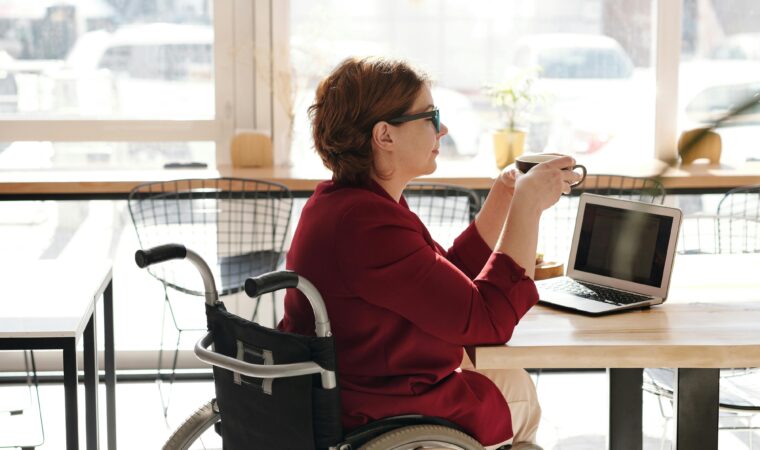Spinal cord injury (SCI) symptoms extend far beyond sensory and motor function. Staying on top of our health and becoming educated about our disabilities affords people with SCI an opportunity to address health concerns as they arise.
Many people with SCI experience respiratory issues, blood pressure problems, pressure sores, blood clots, and bowel and bladder problems. The secondary symptoms of SCI vary from one injury to another. The location on the spinal cord and degree of damage to the vertebrae plays a role in which function is spared and whether the injury is complete.
Regardless of level of injury, knowledge about your SCI can help survivors be mindful and proactive regarding health.
Long-Term Effects of SCI
Mortality risk is highest in the first year after injury. That’s why seeking proper medical attention and rehabilitation are so important. Preventable secondary conditions are no longer among the leading causes of death for people with spinal cord injury in high-income countries, but they can still be absolutely debilitating. The following conditions include some of the leading long-term impacts for those who present with spinal cord injuries.
Respiratory Issues
Especially quadriplegic individuals at the cervical level, we have to be proactive against upper respiratory illness. Some people with SCI cannot produce a productive cough without help; others use a tracheostomy and/or utilize ventilators already. People with SCI should avoid smoking, avoid germs if possible, get vaccinated, and see our physicians at first sign of illness.
Blood Pressure
Many people with SCI deal with blood pressure that gets way too low or way too high. Low blood pressure (orthostatic hypotension) is common in SCI and can dip even lower upon postural change or following prolonged periods of sitting. You may experience dizziness and lightheadedness. Drinking water, wearing compression stockings, and taking proper medications can help with low blood pressure.
SCI individuals may also experience sudden bouts of high blood pressure (hypertension) triggered by any number of possible problems below the level of injury. The condition is called autonomic dysreflexia, which is characterized by a pounding headache, upper body flushing, sweating and goosebumps, racing heart and a feeling of panic. Finding the offending stimuli is typically required to reduce the blood pressure; it may be something as simple as a blocked catheter or something as serious as an internal illness. If you can’t find the problem, get to professionals who can.
Blood Clots
Due to SCI survivor’s lack of mobility, blood flow through the veins is reduced. Medication can be used to prevent blood clots from forming.
Pressure Sores
These wounds form from sitting or lying in the same position for a prolonged amount of time, and they can become dangerous and difficult to manage fast. People with SCI should shift their weight frequently while in a wheelchair, use a mattress with rotating air, and eat plenty of protein to avoid skin breakdown.
Bowel and Bladder
Many people with SCI lose control of the bladder and bowels. Fortunately, simply putting up with accidents isn’t the only option. Depending on your level and severity of injury, you may perform intermittent catheterization yourself or use a Foley or suprapubic catheter. Many people with SCI take bladder spasm medication to avoid leaking. Getting on a regular bowel program will also prevent fecal accidents and constipation.
Sexual Dysfunction/Fertility Issues
Lack of sensory function or nerve pain discourages some people with SCI from engaging in sexual intercourse, as does negative body image and lack of motor function. Many people with SCI find new ways to explore intimacy. Although a woman’s fertility is typically not affected by SCI, men struggle with fertility issues, and pregnancy still poses a high risk to women’s health.
Contact a Diligent Lawyer for Help With a Spinal Cord Injury Claim
Spinal cord injury can be a rough road. Being aware of the health issues we tend to face along the way is important. Our well-practiced attorneys could help you understand your options after sustaining a spinal cord injury. Contact us today.
